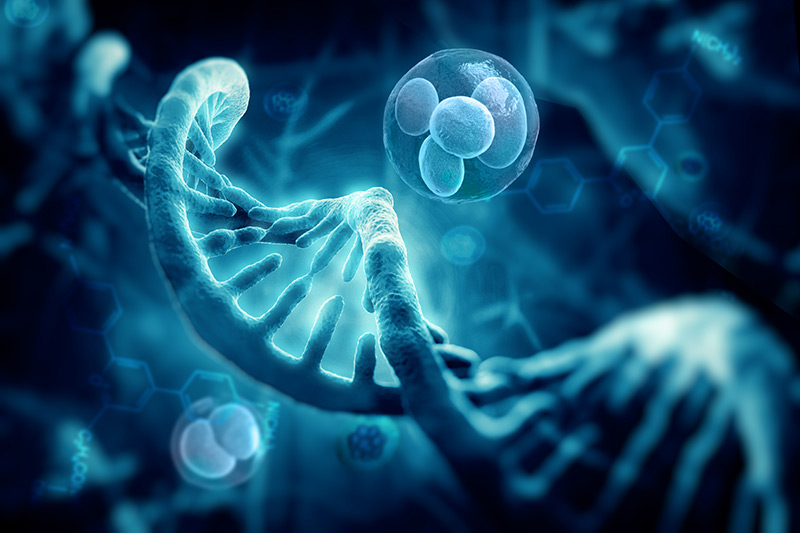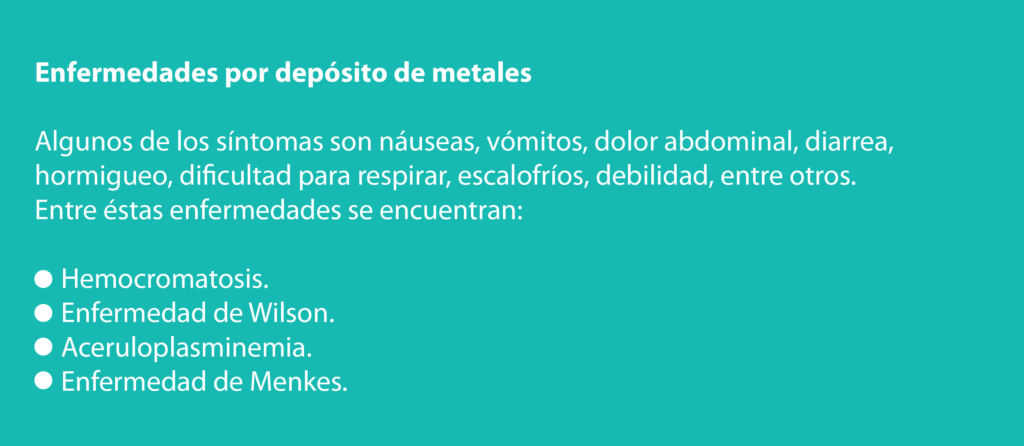CONTACT
We will reply as soon as possible.
Enevia Health, LLC
30 N Gould Ste N, Sheridan, WY 82801, USA

Inherited disorders occur when parents pass down the genes defectives that cause these disorders to their children. The nde They are caused by hereditary DNA alterations, that is, mutations, which generate genetic codes that can generate abnormal proteins, thus altering the structure and consequently the assigned metabolic functions. This causes the incorrect functioning of cells and organs. We can classify them according to their diagnostic group associated with the affected organ or metabolic process:
This test is used to detect inborn errors of metabolism, and covers 305 genes.
Most of the population lacks knowledge of their own genes, so we don't know what we inherit from our children. The genetic inheritance in most congenital diseases is autosomal recessive, this means that both parents are required to have the abnormal gene for the child to have the disease.
Therefore, knowing which are the possible genes that we have "wrong" helps us determine the health probabilities for our children.
In the same way, congenital diseases have a low population prevalence, which is why they are usually not diagnosed at the beginning of the disease.

We can enumerate a large list of diseases, disorders or alterations that are affected by something as simple as a miscoded gene, among them we have:
Defects in the synthesis or catabolism of complex molecules encompasses a wide range of pathologies, which present multiple progressive and permanent clinical characteristics, affecting various organs.
Some of the organs whose functions are affected are the liver, nervous system, kidney, spleen, muscles and heart. Some of the diseases that we rule out with the Inborn Errors Test of metabolism by catabolism or synthesis are:
The panel covers 202 genes associated with defects in the synthesis or catabolism of molecules.
Lysosomal diseases are hereditary diseases, they are autosomal recessive, so they also have a low population prevalence. In which there is an inability to degrade macromolecules due to a specific functional defect of lysosomal enzymes, whereby these macromolecules accumulate within the lysosome.
There are more than 51 genes associated with lysosomal diseases, 11 genes associated with mucopolysaccharidoses, and 13 genes with neuronal ceroid lipofuscinoses.
Neuronal ceroid lipofuscinosis (NCL) is a neurodegenerative disease with accumulation of ceroid lipofuscin, there are 10 types of lipofuscinosis ranging from childhood to adulthood.
Peroxisomal diseases are a group of inherited metabolic disorders that occur when peroxisomes are missing or do not perform adequate metabolic function in the body.
Some of the diseases described are:
The panel covers 36 genes associated with peroxisomal diseases.
It is characterized by defects in the enzymatic activities of the processes of modification of proteins and other macromolecules through the addition and modification of oligosaccharide side chains, where the synthesis of N-glycoproteins and/or O-glycoproteins or both is affected. .
Alterations in its synthesis can affect multiple functions, including the development of the central nervous system, psychomotor retardation, coagulation disorders, and immunodeficiencies.
Some of the pathologies that belong to this group are:
The panel covers 102 genes associated with congenital glycosylation defects.


The panel covers 10 genes associated with metal deposition diseases.
Metal deposit diseases present many clinical signs of both acute poisoning such as vomiting, liver failure or insufficiency, seizures and even coma. He also has chronic symptoms such as psychomotor retardation and cardiomyopathies.
The panel covers 68 genes associated with diseases due to the accumulation of toxic substances.
The vast majority of metabolic diseases have multi-organ involvement and can present multiple symptoms:
Among the most relevant diseases of this group we can see:
The metabolic deficit metabolopathies panel covers 53 genes and the glycogenosis panel covers 30 genes.
Knowing your past is predicting your future, so it is key to know what secrets our DNA brings and thus provide a better quality and quantity of life.
📌 You will find more scientific information on the different Enevia Health platforms.
Website: https://www.eneviahealth.com
Youtube: https://www.youtube.com/c/EneviaHealthSL
Facebook: https://www.facebook.com/eneviahealth.
Instagram: https://www.instagram.com/enevia_health/
#autism #neurodevelopment #infant neurodevelopment 1TP4Infant tautism #autismspain #eneviahealth
We will reply as soon as possible.
30 N Gould Ste N, Sheridan, WY 82801, USA
Our groups are the ideal platform to learn and share your scientific concerns about neurodevelopment issues
*Our purpose is informational only, it is not intended to be a substitute for medical advice, diagnosis or treatment.
We are working on our website. For any queries, you can contact our customer service team at atencionalcliente@eneviahealth.com